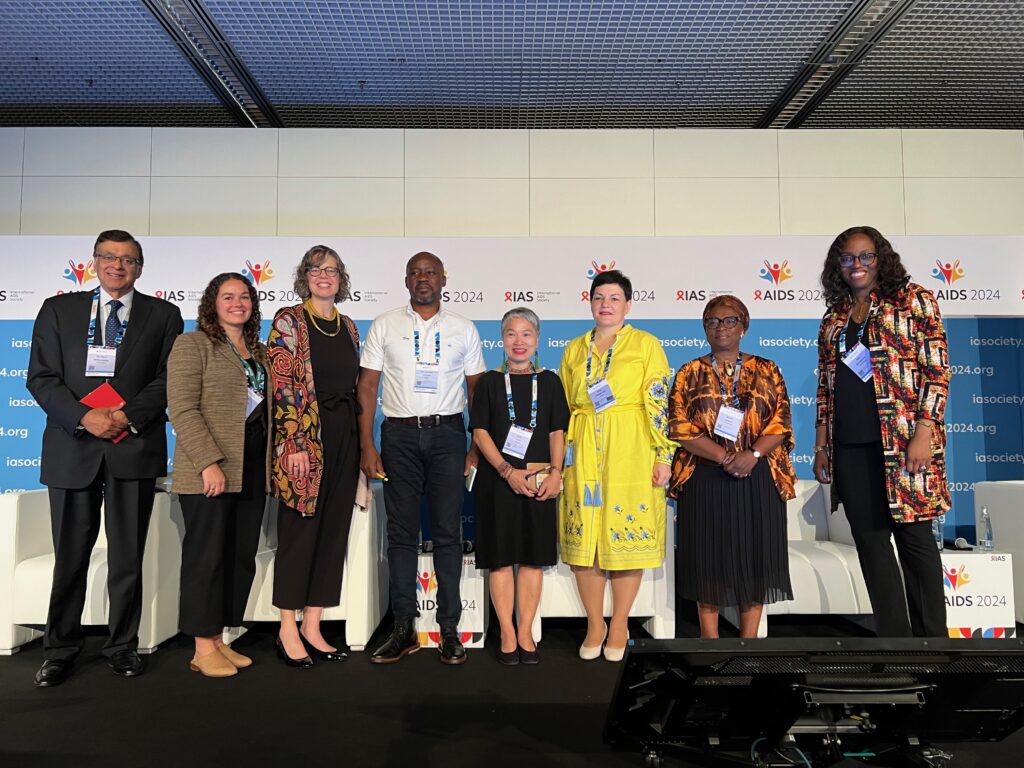Country Perspectives: Local Leadership as the Key to a Sustainable HIV Response
Country Perspectives: Local Leadership as the Key to a Sustainable HIV Response
By Sarah N. Konopka, Technical Director, Infectious Diseases, Cluster Lead, HIV
Management Sciences for Health
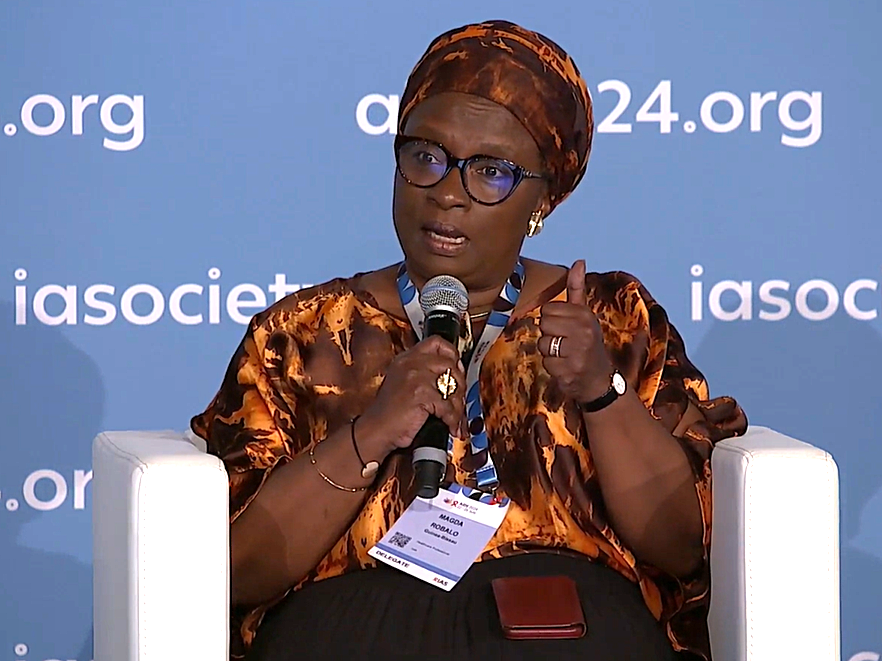
The global HIV response stands at a crossroads. Unprecedented global investment and commitment to a single disease have led to incredible progress in scaling prevention and treatment programs, and many countries are nearing epidemic control. But as we look to the future and consider options for sustaining HIV programs, countries grapple with some critical challenges, such as integrating HIV services into broader primary health care systems in an environment of dwindling resources, widening equity gaps, and slow progress in crucial areas like prevention. We know that country leadership is essential to navigating and addressing these complex challenges, and while there is generally global consensus on this, there are few examples of countries transitioning fully from donor support to locally designed, delivered, and financed HIV programs.
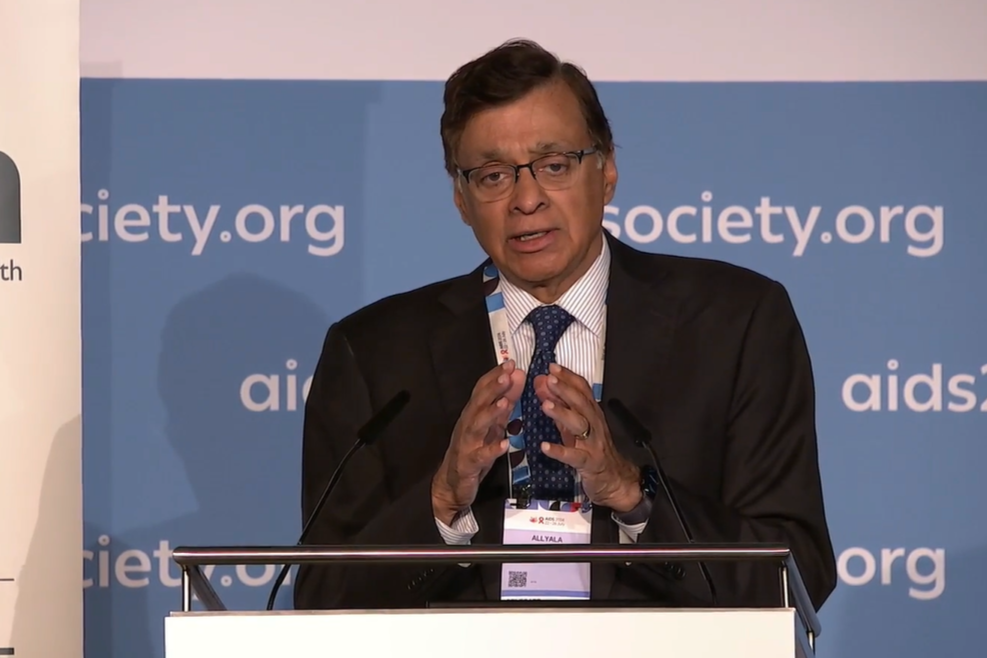
Within this context, what does local leadership look like, and what will it take for countries to deliver and sustain HIV programs grounded in well-governed and well-managed health systems that enable access to safe, effective, and affordable health services and products?
This was the focus of discussion during our panel at the AIDS 2024 Conference, chaired by A.K. Nandakumar, a Fellow with MSH and Senior Advisor to the US State Department Global Health Security and Diplomacy/PEPFAR Office, and moderated by MSH Vice President of Global Health Program Delivery Dr. Aday Adetosoye.
Transitioning from external funding, especially PEPFAR and Global Fund support, is a unique challenge for our country partners given the bespoke vertical systems and programs that were established to support an emergency response to HIV. To complement our own lessons learned from implementation, MSH undertook research on global transition experiences, exploring efforts to shift from donor support to countries assuming most or all of the responsibility for managing their HIV response. I opened the session by sharing our key findings from this research.

Transition is possible, and it can happen. That’s one of the most important findings and a reason for hope. We have seen it take place at the subnational level and in some cases at the national level. It’s more likely to be successful when efforts are aligned with and integrated into existing health sector priorities and plans.
We found some notable gaps, though. There is a lack of definitions and metrics to demonstrate that transition efforts were locally led throughout the process, despite frequent references to the importance of local leadership. How can we hold ourselves accountable to locally led development if we don’t know what the standards are? How do we move beyond consultation with local actors to true local leadership? Similarly, we reflected on the lack of examples where countries defined their own metrics and monitoring processes for tracking progress toward their transition priorities and definition of a sustainable HIV program. Meeting transition criteria defined by donors is not inherently wrong, but it limits the ability of countries to truly lead in the prioritization, planning, and execution of activities that they know are essential to sustaining an integrated, equitable HIV program. I closed by emphasizing the importance of local leaders defining and leading efforts toward integration, localization, and sustainability.
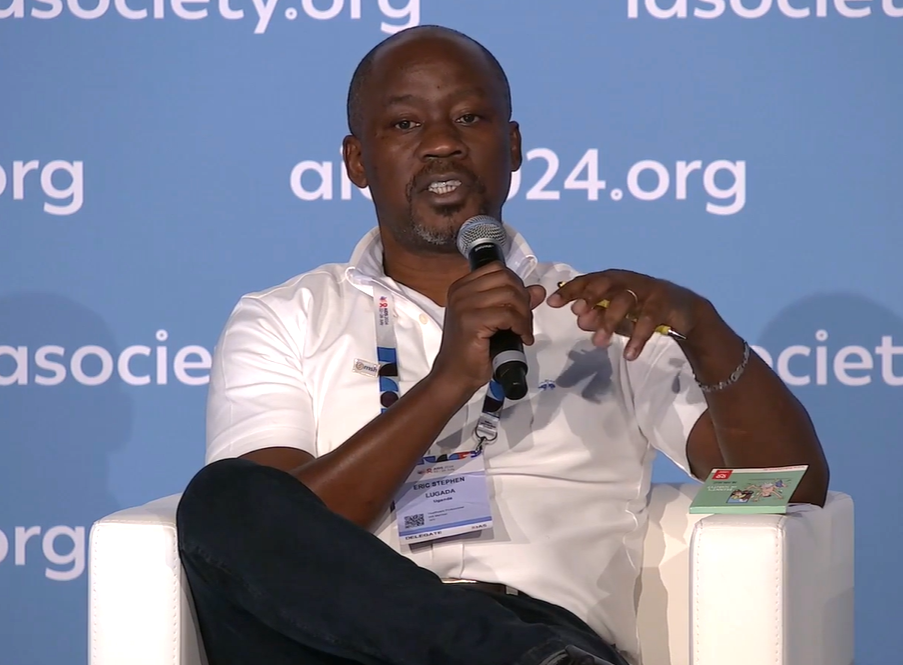
USAID’s Ashley Frost, Deputy Director of the Office of HIV/AIDS, followed me with remarks on USAID’s commitment to localization and its six core priorities for advancing local leadership. She highlighted the importance of engaging government partners at all levels, domestic nongovernmental organizations, faith-based organizations, nonprofits, for profits, community groups, and people living with or affected by HIV. “We want USAID investments to center around the inputs of all these parties,” she said. Our presentations were followed by comments from an inspiring panel of leaders from countries across the globe who shared insights, examples, and recommendations based on their own experiences.
MSH’s Dr. Eric Lugada, Chief of Party of the USAID Strengthening Supply Chain Systems activity, shared Uganda’s success with a “unified approach of government,” which brings key ministries together to collaborate on health sector improvements. This approach has led to the Ministry of Finance providing funding for essential medicines, including antiretrovirals, and to the Ministry of Electrification prioritizing infrastructure improvements that keep the lights on at health facilities. “This approach defined unified action under a common cause,” Lugada explained, “and that cause was health.”
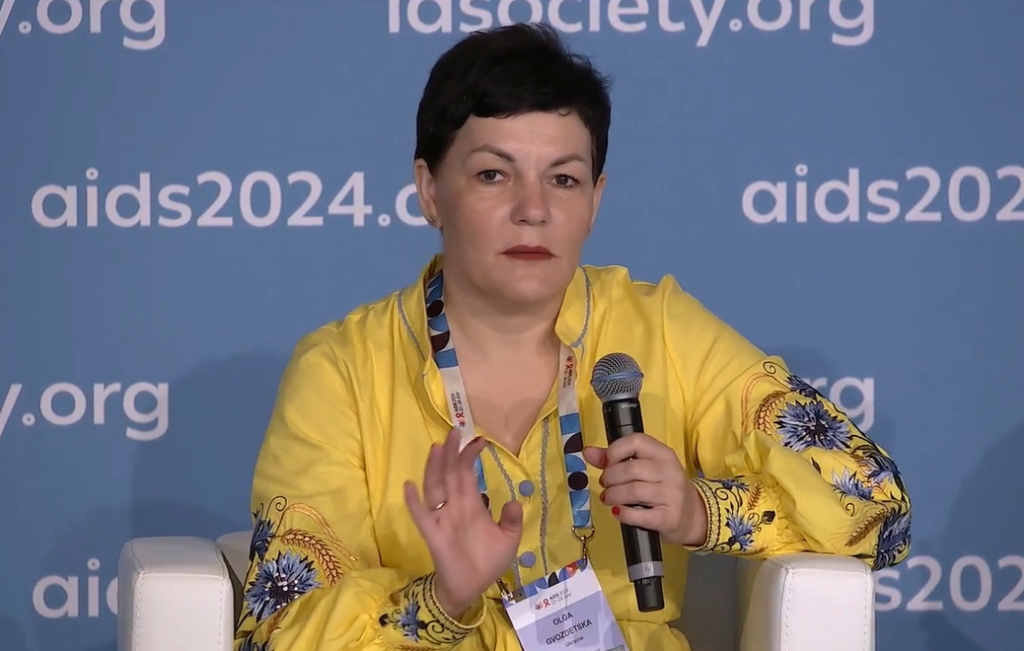
Acting Deputy Director General for the Center for Public Health at Ukraine’s Ministry of Health Olga Gvozdetska described how, after the Russian invasion, the Ministry of Health successfully decentralized HIV stock management, in part with support from USAID, MSH, and other partners. It also amended regulations to allow people to buy three- and six-month supplies of HIV treatment at one time. The Government of Ukraine’s ability to quickly communicate, coordinate, and revise regulations to allow for multimonth dispensing of antiretroviral therapy and opioid substitution therapy is testament to the strength of the institutions. She thanked PEPFAR and The Global Fund for helping during these unimaginable circumstances to ensure the availability of HIV treatments throughout Ukraine.
Oanh Khuat of SCDI (Supporting Community Development Initiatives) in Vietnam noted that while governments can change, civil society endures and remains, providing continuity to communities. In addressing sustainability, she said, “The private sector, the communities, the non-state actors need to be taken into account.”
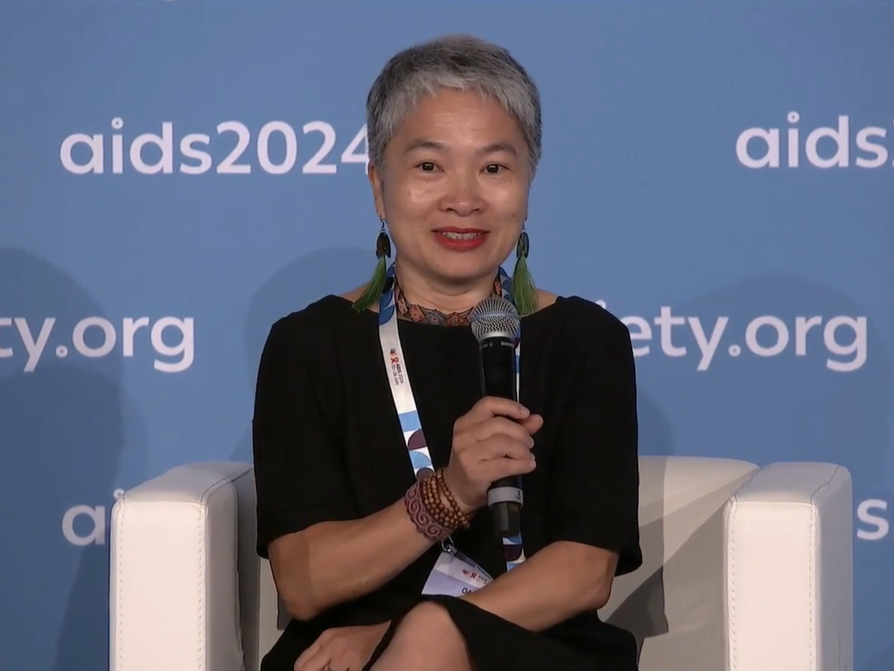
And finally, MSH Board Director Magda Robalo, President and Co-founder of the Institute for Global Health and Development of Guinea-Bissau (pictured above), emphasized that public health leaders need to unlearn many behaviors, mindsets, and attitudes from the past two decades to achieve sustainability. “Most of what is needed to achieve sustainability lies outside the health sector,” she said, echoing Dr. Lugada’s remarks.
As our global conversation shifts more fully to a focus on integration, sustainability of the HIV response, and transition from donor support, the how we work is critically important. We all have a role to play in supporting countries to lead, and it is time that we collectively consider how we do this—not in theory, but in action—and commit to it.
